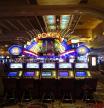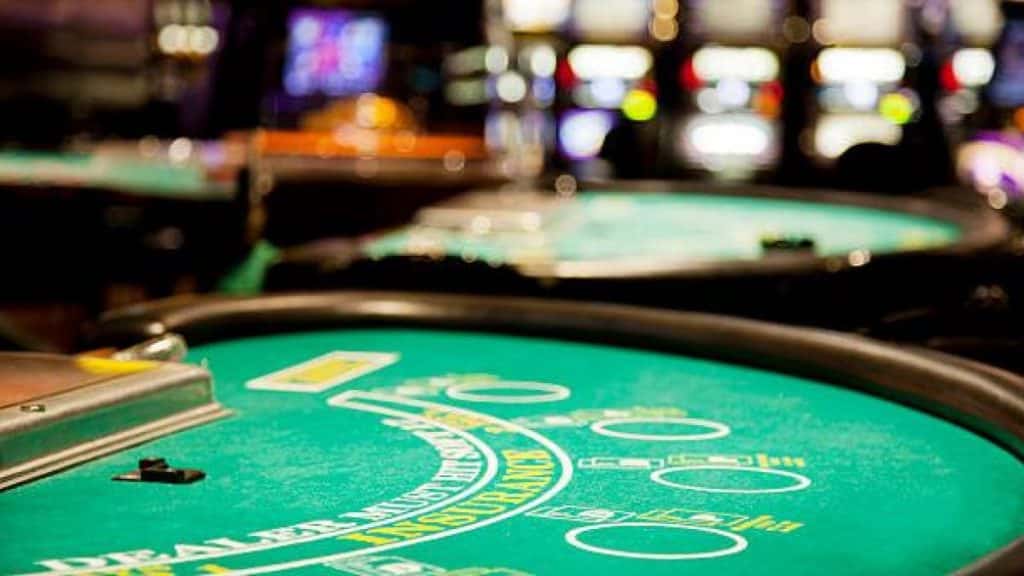How many times do you have to shuffle a deck that is completely out of order and no one can cheat? This is the question a Las Vegas casino asked itself when a gang of card counters found a weak spot in their blackjack card shufflers.
These players, as the BBC has explained in an extensive report, used a hidden video camera to record and understand the operation of a card shuffler guarded in a translucent box. All the footage they were able to collect was sent to an accomplice to play back in slow motion. At this speed, he was able to figure out what sequence was being followed and passed it on to the players at the table. This simple trick resulted in millions of losses.
So that one of these episodes would not happen again, those responsible for the machine decided to design a new card shuffler: more reliable, faster and more random. So no one could find an advantage and chance would be in charge of deciding. Although by probabilities, the casino would always end up winning.
Read also Carlota Bisbe Mases

It wasn’t as reliable as they thought.
The engineers claimed that the machine they had created was very close to perfection. That it was wonderful and that no one could take advantage of it. These claims, however, had to be corroborated. And they chose Persi Diaconis, a magician with a degree in mathematics from Harvard University who is considered the foremost expert in the numerical study of card shufflers.
¿Quién es Persi Diaconis?
Persi Diaconis (1945, New York) is an American mathematician and magician who works on combinatorics and statistics, but is perhaps best known for tackling mathematical problems related to chance and randomness, such as coin tossing and card shuffling. One of his specialties is the convergence rates of Markov chains.
Diaconis and his team were able to prove to the casino that the machine he had designed had fairly poor randomness, as he published in his study. And not only that: they also managed to figure out exactly how rare it was and demonstrate the lack of randomness in different ways.
In this sense, Diaconis verified in a very simple way that a single shuffle of the device was not safe as it had a tendency to organize the deck in ascending and descending sequences. This means that if a card of a certain suit was thrown, it would be accompanied by the most immediate card of the same suit.
In this way, they were able to reliably predict between 9 and 10 cards on average when dealt after 52 cards had been shuffled. According to Diaconis, the optimum would have been that, at most, they had guessed four cards. In other words, the machine still gave card counters a great advantage and could not be used anywhere.
Read also Ana Pérez

The president of the company, who was convinced that his machine was revolutionary, did not welcome the opinion of the mathematician. “We do not like his conclusions, but we believe them and that is why we have hired him,” he wrote in a letter.
Diaconis’s solution was to use the machine twice. As he relates in his study, the result of two passes is “a shuffling equivalent to that of a 200-bin machine.” “Our mathematical analysis and other tests, not reported here, show that this is suitably random.” The company, as the BBC has explained, preferred to discard the prototype and make another.
What is counting cards?
It can be said that card counting is simply keeping track of certain cards in blackjack as the dealer deals the deck. Carrying out this control, it is possible to know approximately which cards are more likely to come out in the next hand.
Basically, the information you are looking for is whether the next card will be high or low to be close to 21, which is the target number in blackjack. This advantage, if used well, can tell the player what to do: make big bets or small bets.
Contrary to popular belief, this strategy is not illegal. But it does go against the interests of the local. Casinos have the right to ban whoever they please, and usually do not let those who, due to their abilities, have a better chance of winning play. Actor Ben Affleck, for example, has been banned from the Hard Rock in Las Vegas since 2014 for winning $800,000 at blackjack in three simultaneous hands.


